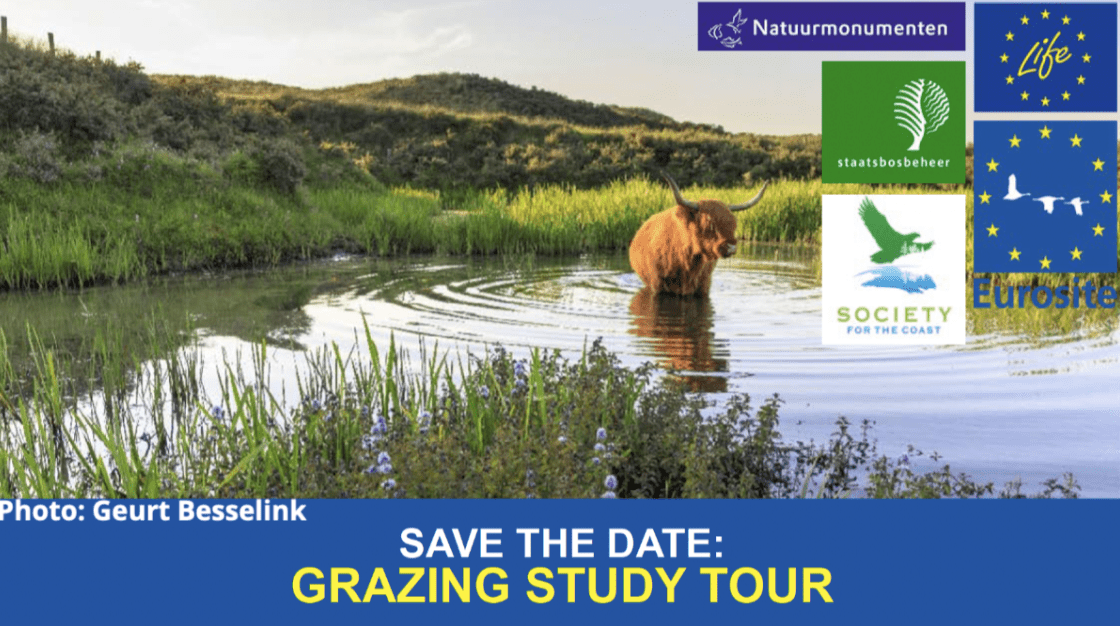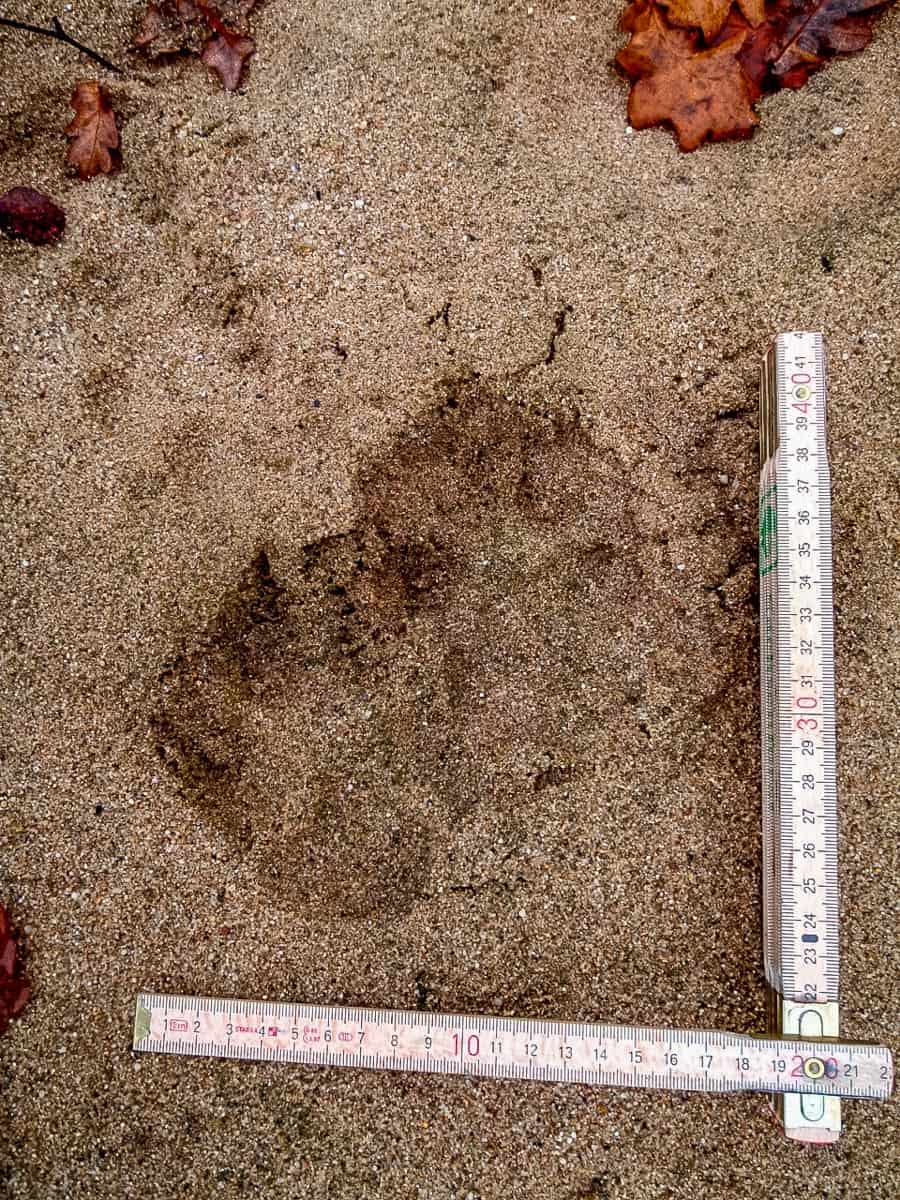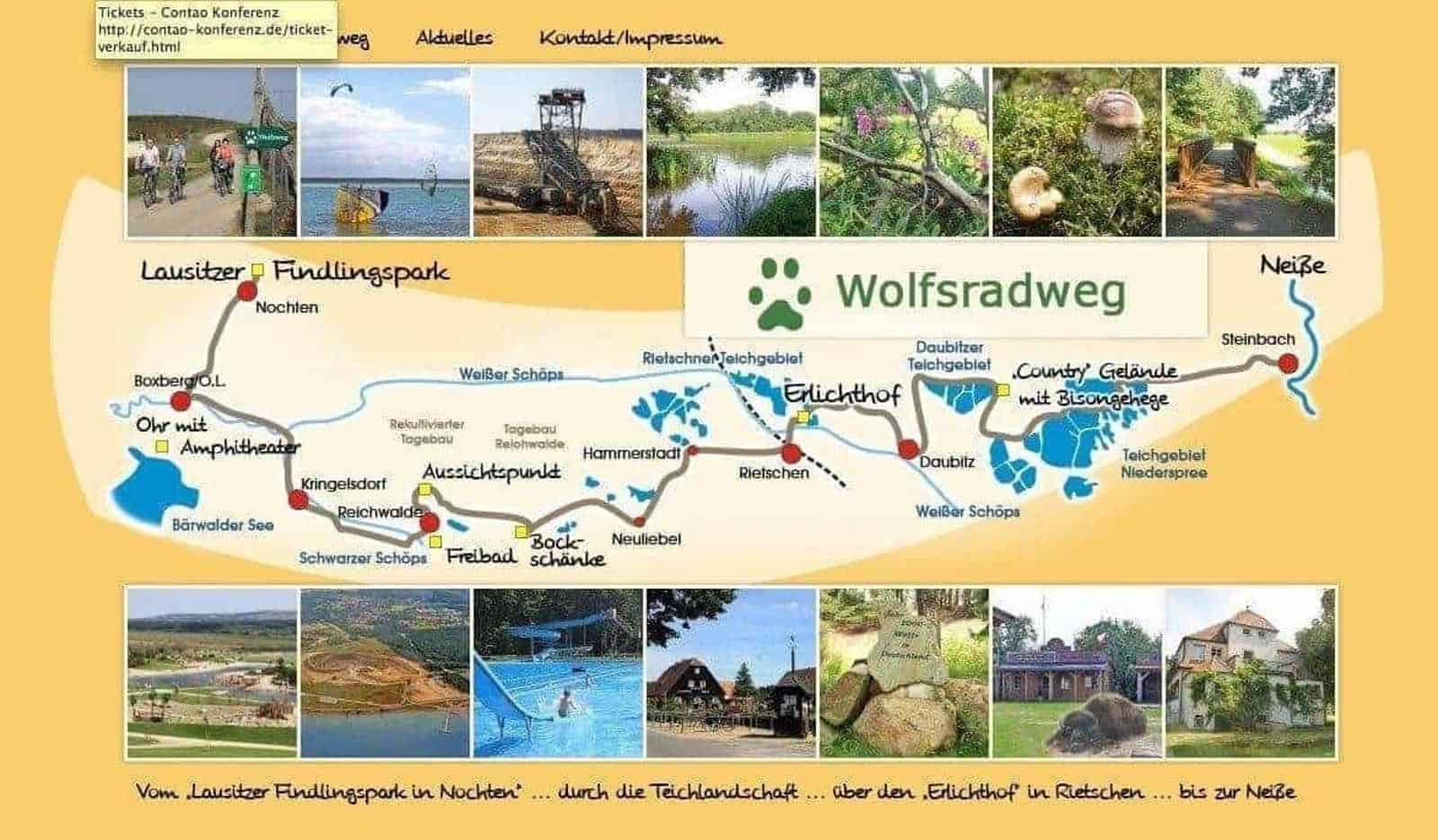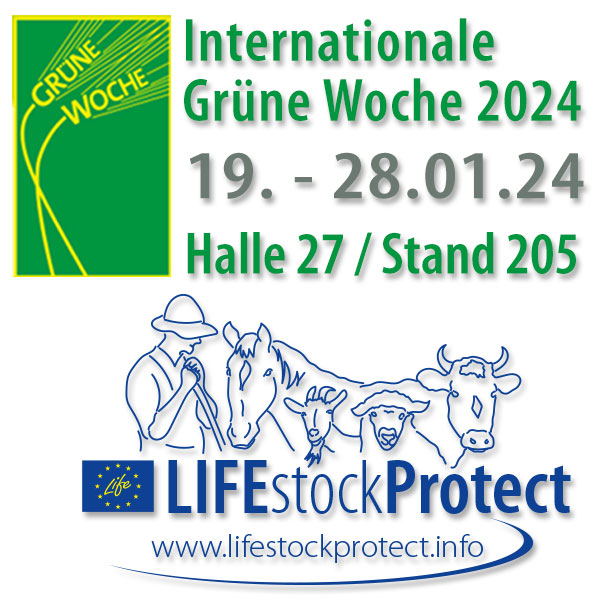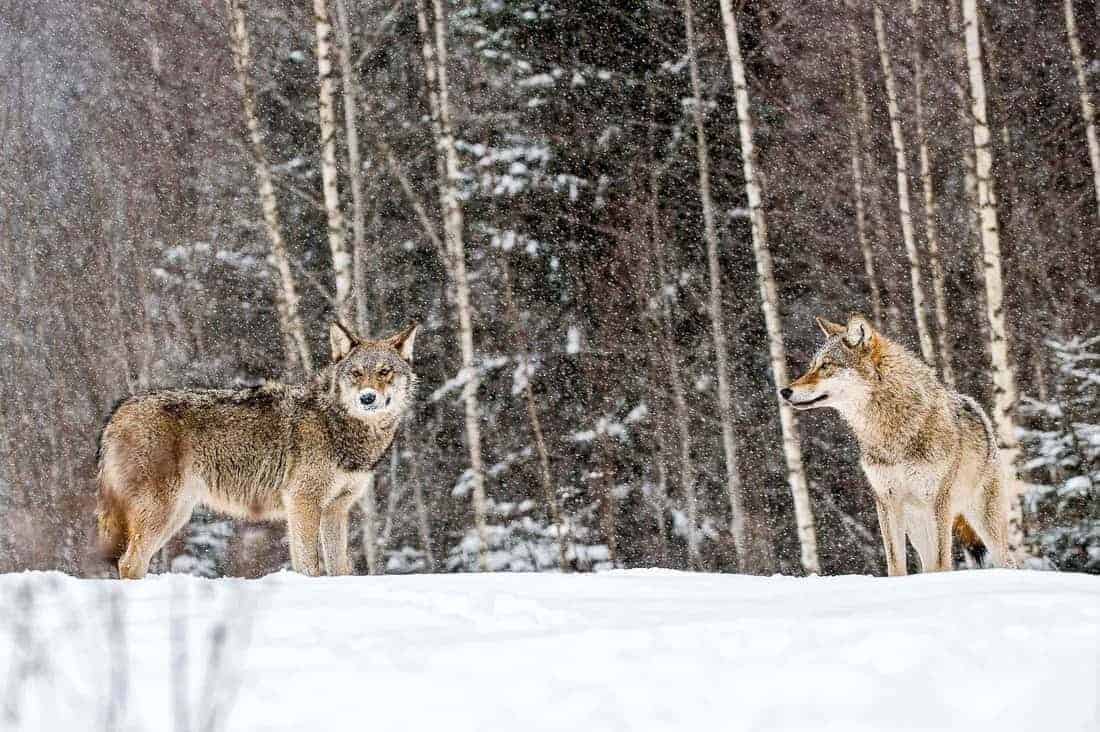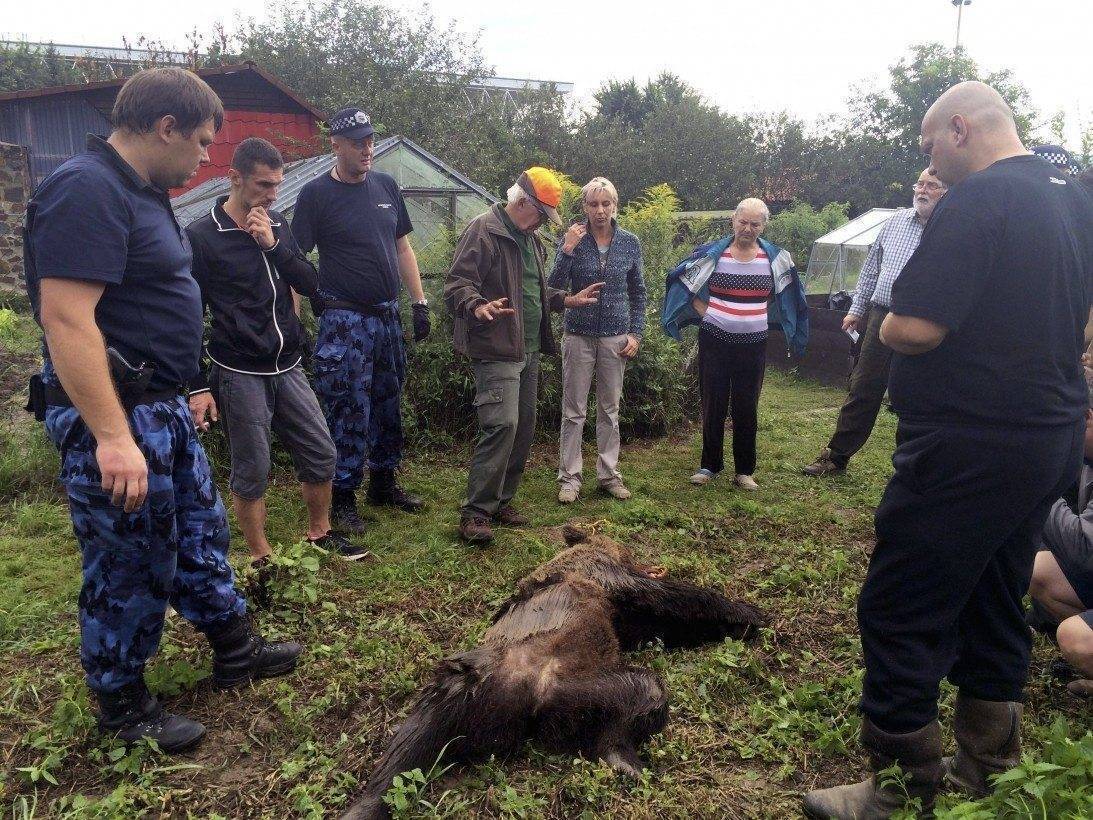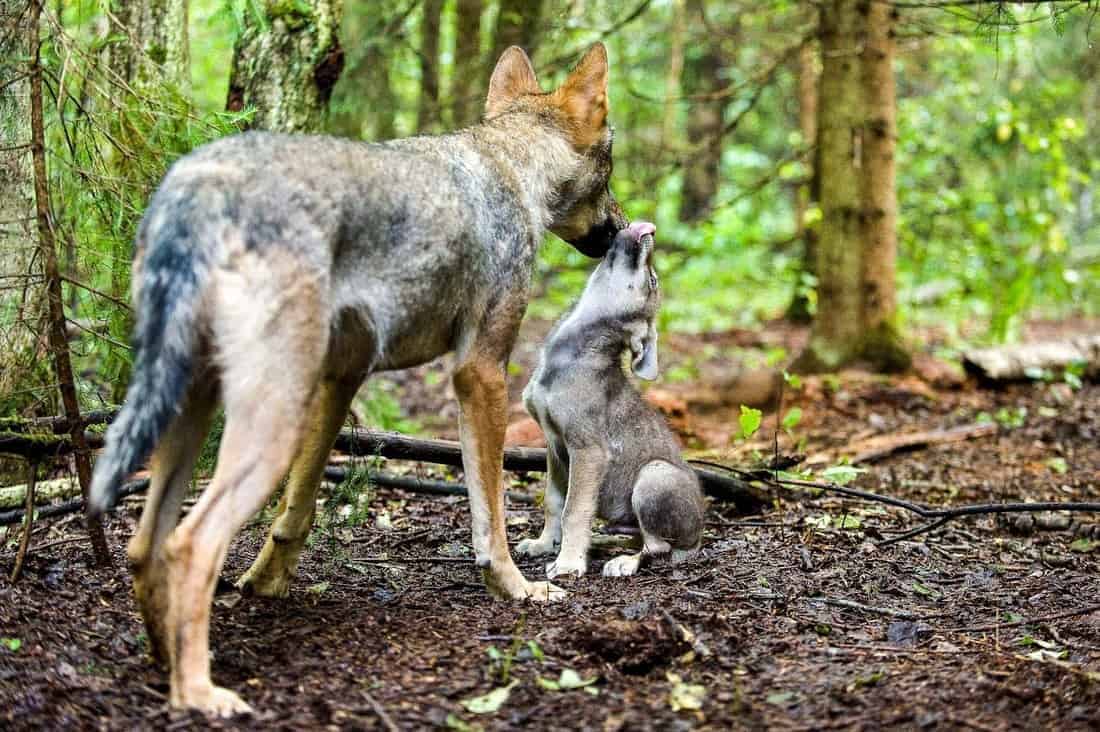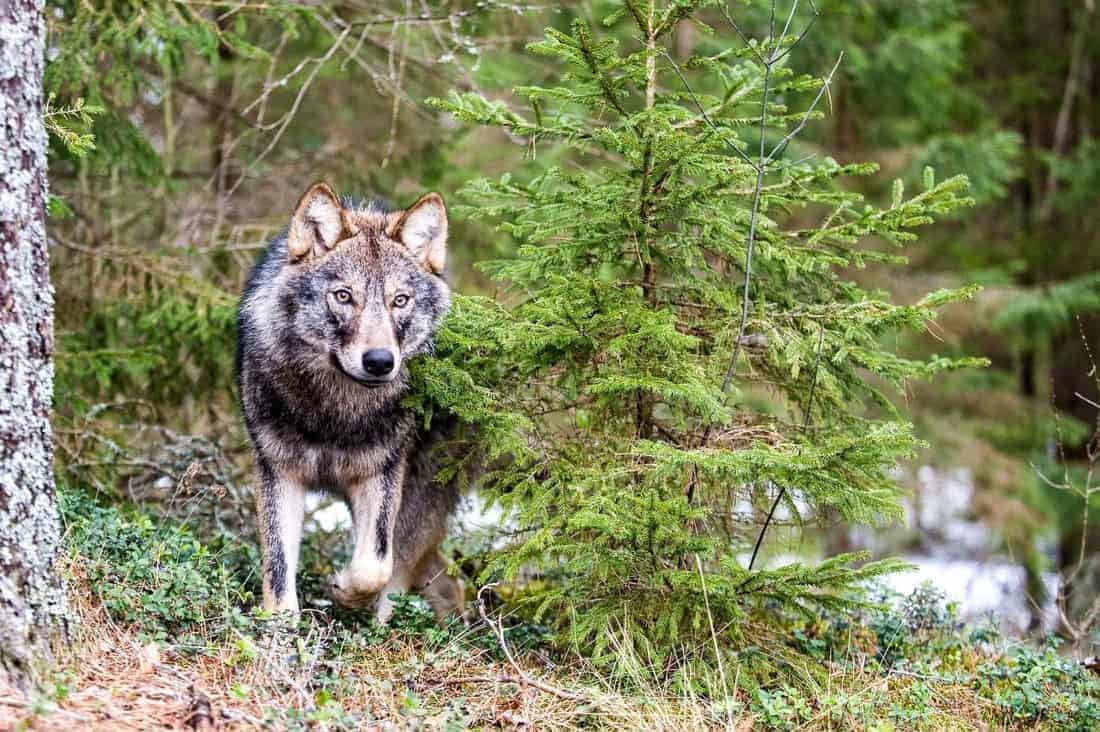Conservation Grazing Events
The number of grazing animals released in protected areas has increased significantly in recent years. These grazing animals are often supposed to substitute the tarpans, aurochs and elk that roamed our landscapes in prehistoric times creating a diverse mosaic like landscape with high levels of biodiversity.
Grazing animals in landscapes have become more popular since the wilderness approach took root in nature conservation. But do these grazing activities help to achieve the management goals? What is known about the long-term impact of these introduced animals on biodiversity but also on soil organic matter? What impact do sheep, horses, and cows have on the vegetation, and what amount of grazers is desired? And what is the relationship between conservation grazing and extensive farming? These and other questions will be discussed during a number of events (co)- organised by Eurosite this fall.
First there will be two webinars on conservation grazing in September; one on the 22nd of September and one the 27th of September. And next there will be a study tour held from 3 to 5 October during which various grazing sites will be visited in the Netherlands with a follow-up in the spring of 2023 with a study tour to Poland
1. Webinar: Conservation grazing and its relationship to the Common Agricultural Policy
Date 22 September 10.00 to 11.30 hours CET
Subject
Many practitioners of pastoralism and extensive grazing, such as cattle farmers, don’t have access to European Union subsidies from the Common Agricultural Policy when their livestock is grazing in protected areas. In this webinar we will present practical examples where conservation grazing is considered as an agricultural activity and where farmers are eligible for financial support like the area-based income payments. We will also dive into discrepancies between the Common Agricultural Policy and conservation grazing and argue why Member States need to adopt broader definitions of grasslands that also include scrublands, wood pastures and other grazed habitats as being eligible for CAP subsidies.
For this webinar we have the following speakers:
- Dr Guy Pe’er
Dr Pe’er is a researcher at the German Centre for Integrative Biodiversity Research (iDiv) Halle-Jena-Leipzig and at the UFZ – Helmholtz Centre for Environmental Research, Dept. Ecosystem Services. He is among others engaged in interdisciplinary research onto how EU’s Common Agricultural Policy affects both humans and nature. He is particularly interested in how the CAP affects Socio-Ecological Systems in terms of interactions between farm structure and economy , biodiversity, policies and ecosystem services and consequently also rural vitality and farmers’ wellbeing.
Dr Pe’er will focus on the Common Agricultural Polices of the EU and the mismatches between the CAP and the biodiversity policies and opportunities to use the CAP for financing conservation grazing. - Dr. Julia Rouet-Leduc biography
Dr Julia Rouet-Leduc is a Doctoral Researcher at the German Centre for Integrative Biodiversity Research (iDiv). Her PhD takes an interdisciplinary approach to explore different types of grazing and the ecosystem services they provide. Her project, GRAZELIFE, is coordinated by Rewilding Europe and part of an EU Life Preparatory Project. In her research she seeks to identify good grazing practices for multiple ecosystem services as well as how to incentivize these for land users.
Dr Rouet-Leduc will present an overview of the different ecosystem services that extensive, sustainable grazing can contribute to, such as contributing to habitat for biodiversity, carbon storage, wildfire prevention, but also cultural ecosystem services. It will also present specific practices that contribute to ‘good grazing’, and present some of the most common challenges and incentives land users face when conducting sustainable grazing, from a study conducted in GRAZELIFE with interviews from almost 100 land users. - Dr Jure Čuš
Jure Čuš has a Master’s degree in Biology and Ecology with nature conservation and is working as a Senior Policy Officer on the EU’s Common Agricultural Policy at the Slovenian Ministry of Agriculture, Forestry and Food. He is working on the biodiversity related topics of the current Rural Development Programme of the Republic of Slovenia 2014–2020 and preparing the CAP Strategic plan 2023-2027 for Slovenia. He is also finishing his PhD (Ecological sciences) at the Institute for Biology, Ecology and Nature Conservation of the Faculty of natural science and mathematics, University of Maribor.
Dr Čuš will present an overview of how conservation grazing will be part of the 2023–2027 Common Agricultural Policy (CAP) Strategic Plan of Slovenia and how it will be harmonized with the grassland management requirements in Slovenian Natura 2000 sites. It will also present the good cooperation between the Ministry of Environment and Spatial Planning and the Ministry of Agriculture, Forestry and Food in the preparation of the new Natura 2000 Management Programme for the period 2022-2028.
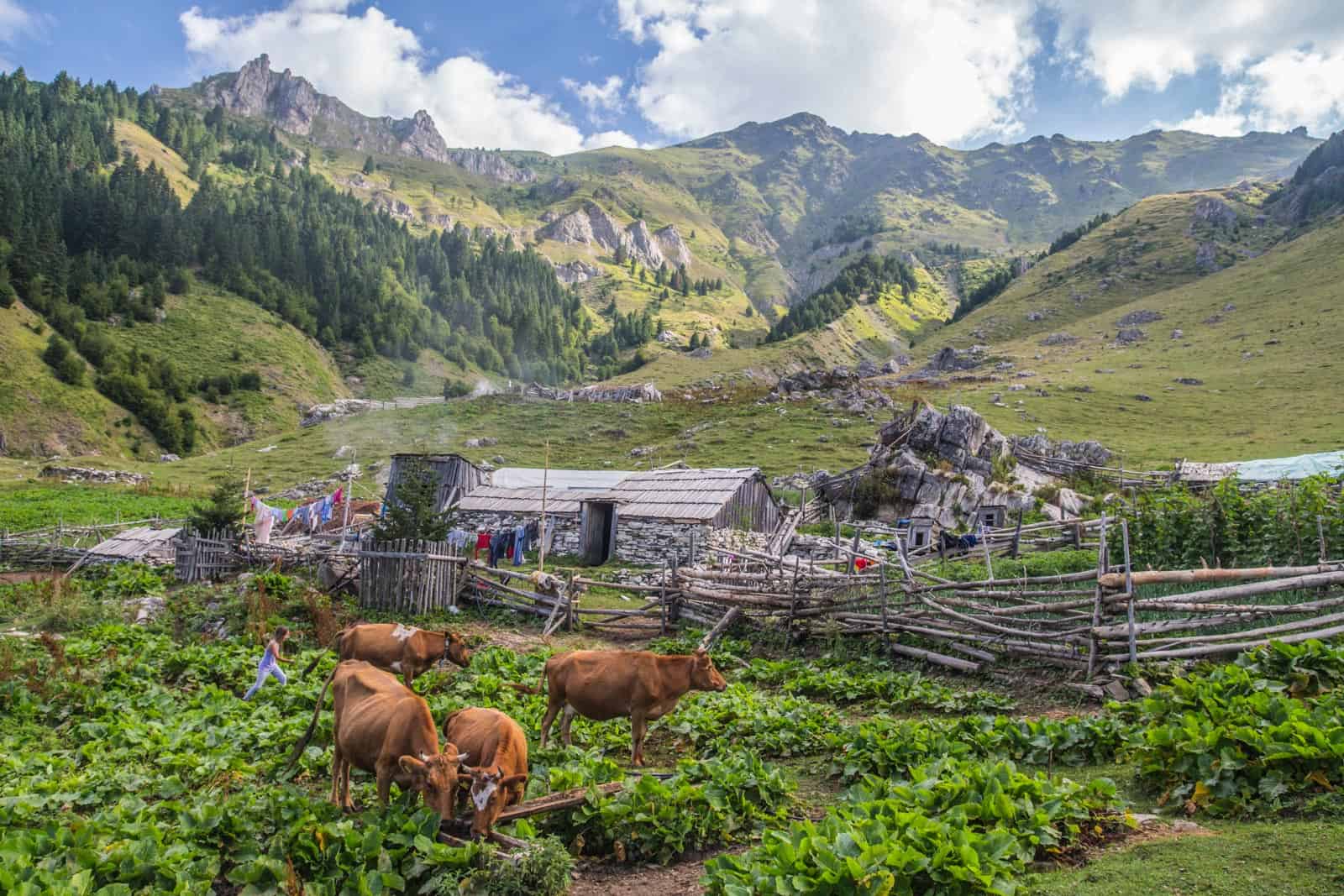
2. Webinar: What science says about species-rich grassland management in Central and Eastern Europe and the importance of traditional knowledge
Date: 27 September from 13.00-14.30 hours CET
Subject
The species-rich secondary grasslands of Central and Eastern Europe, formed as a side product of low-intensity farming, are an example of positive impact by human activities on ecosystem biodiversity. Maintaining them in the face of agricultural and socio-economic change, is the main goal of current grassland conservation. This webinar, given by three grassland scientists, will demonstrate: i) the importance of a deep knowledge of local history and traditions, which led to the formation of each particular grassland; ii) the risks associated with substituting traditional grassland management practices by their modern analogies; iii) the irreplaceable role of domestic animals in grassland conservation. It will highlight how collaborating with farmers and herders who still use approaches inspired by their ancestors (based on traditional ecological knowledge), not only avoids conflict but brings new insights into animal grazing behaviour for better management of species-rich grassland.
The webinar speakers are.
- Zsolt Molnár, botanist, ethnoecologist, founder and head of the ”Traditional Ecological Knowledge” Research Group at the Centre for Ecological Research in Hungary. He has published extensively on grassland habitats and management and on local ecological knowledge of herders and farmers in Hungary, Romania, Serbia, Mongolia and Iran. His presentation, which focuses on the concepts and practices of traditional grazing, herders’ ecological knowledge, and their relevance to conservation, will be given together with László Sáfián, shepherd.
- Monika Janišová is a vegetation ecologist from Slovakia, interested in biogeography and endemism, as well as population biology and conservation of rare plants. Her current research focuses on grasslands in the Romanian part of the Carpathian mountains; their classification, biodiversity, succession, management and conservation. As well as traditional ecological knowledge, bio-cultural heritage and sustainable agriculture in the Carpathian region.
- Maja Arok is a researcher in the Centre for Biosystems within the BioSense Institute in Novi Sad (Serbia). Her research is about biodiversity conservation of (semi)natural open grassland habitats, mainly in Serbia. In the webinar presentation, she will focuso on the state of the vegetation of Serbian grasslands as a result of (non)grazing management practice.
Grazing study tour
Date: 3, 4 and 5 October, the Netherlands
The ‘Grazing Tour’ is intended for nature managers and others interested in the role of grazing in natural site management. It is an initiative of Natuurmonumenten, Staatsbosbeheer, the Polish Society for the Coast and Eurosite – the European Land Conservation Network.
Because the tour focuses on grazing developments in nature reserves, it includes visits to different reserves in the Netherlands, each with unique management objectives. Participants have the opportunity to learn more about the ecological, economical and societal aspects of grazing.
The aim of the tour is to connect science with practical experiences and to share latest knowledge. Best practices for collaboration with stakeholders, and dilemmas experienced by natural site managers, will be discussed. The tour will be an opportunity to share experiences with participants and experts from various parts of Europe, adding to its value.
It will end on Oct. 5 with a half day workshop on the concept of ecosystem services with regards to grazing.

